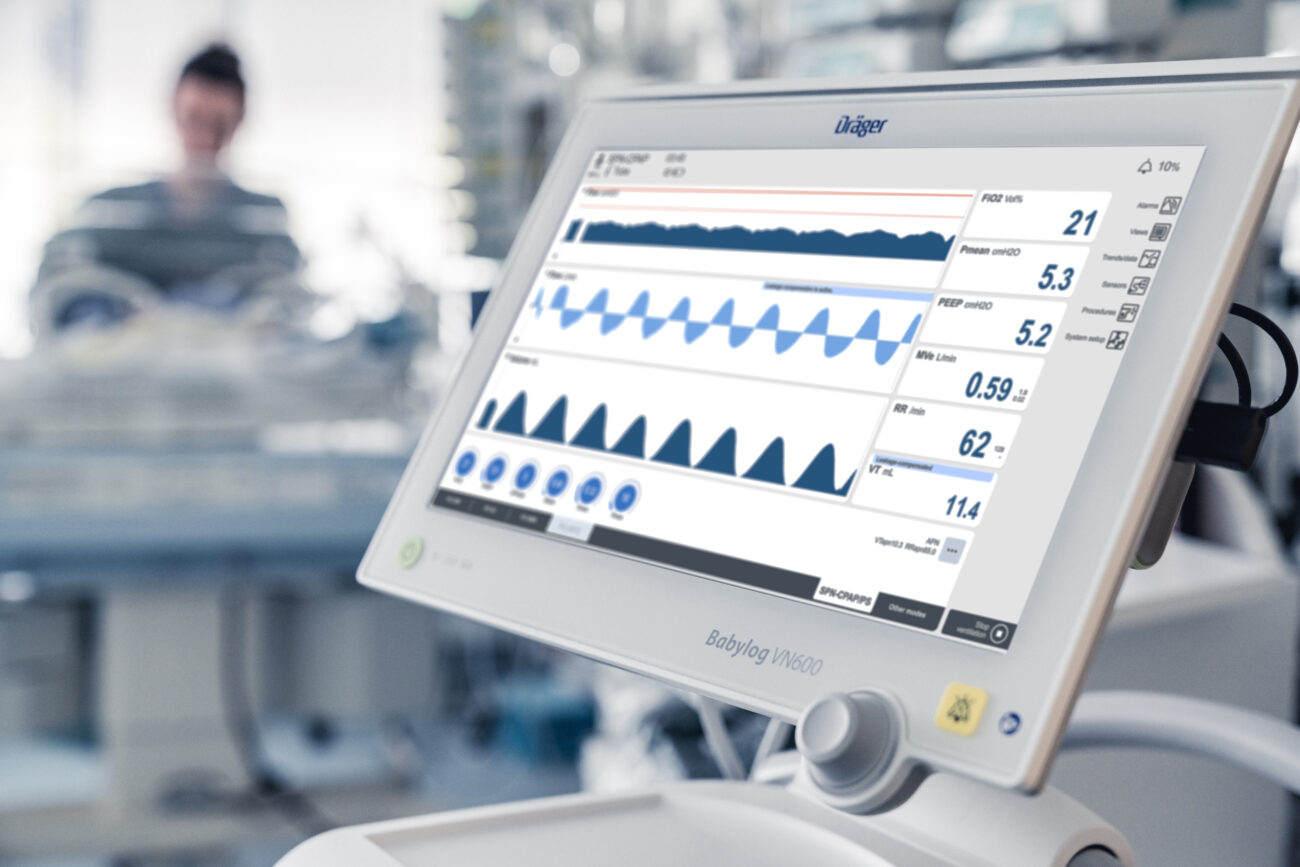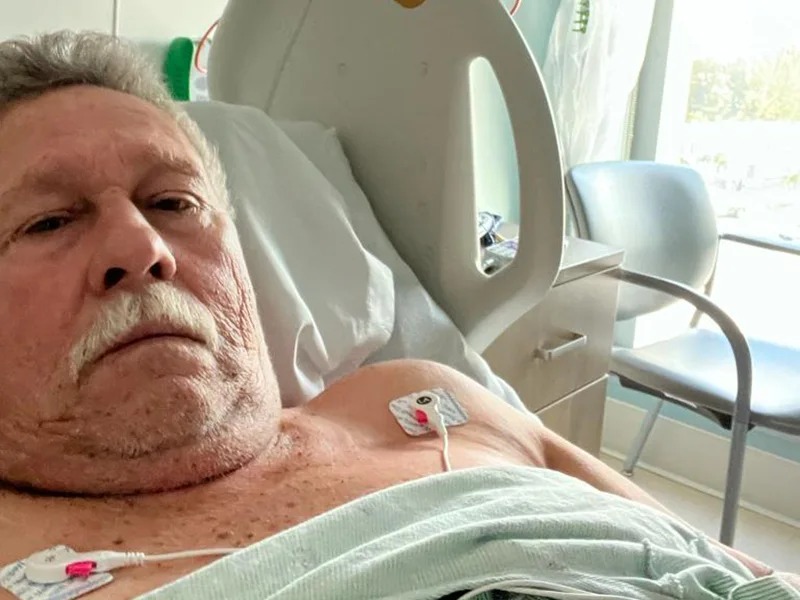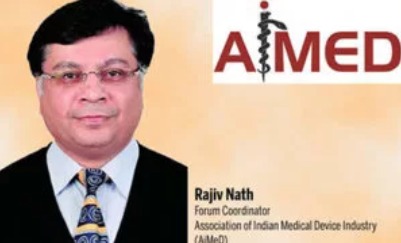Unleashing the Potential of Mandatory Minute Ventilation in Neonatal and Adult Care
Dhritimay Dhar, Vice- President, Sales and Marketing- Medical Business, Draeger India. In the evolving landscape of respiratory care, the introduction of Mandatory Minute Ventilation (MMV) mode in ventilators represents a significant advancement. MMV is a sophisticated

Dhritimay Dhar, Vice- President, Sales and Marketing- Medical Business, Draeger India.
In the evolving landscape of respiratory care, the introduction of Mandatory Minute Ventilation (MMV) mode in ventilators represents a significant advancement. MMV is a sophisticated ventilation mode designed to maintain a minimum level of ventilation regardless of the patient’s spontaneous breathing efforts. Unlike traditional modes that deliver a fixed rate of breaths per minute, MMV dynamically adjusts the ventilator support based on the patient’s spontaneous efforts, ensuring that minute ventilation (the total volume of air entering the lungs per minute) remains above a preset threshold. MMV functions by continuously monitoring the patient’s spontaneous breathing and adjusting the mandatory breaths delivered by the ventilator accordingly. If the patient breathes adequately on their own, the ventilator reduces its support. Conversely, if the patient’s spontaneous breathing is insufficient, the ventilator compensates by providing additional breaths.
The Versatility of MMV across diverse age groups
Both neonatal and adult patients present unique challenges in respiratory care. Ensuring adequate ventilation while minimizing the risks associated with mechanical ventilation is crucial.
Precision and Safety: Patients, especially neonates, have variable respiratory needs. MMV provides precise control over minute ventilation, ensuring the exact amount of ventilation required without the risks of over-ventilation or under-ventilation. Furthermore, traditional ventilation modes can sometimes lead to Ventilator-Induced Lung Injury (VILI) due to excessive pressure or volume delivery. MMV minimizes this risk by adjusting the ventilator support based on the patient’s spontaneous efforts, promoting a gentler and more lung-protective ventilation strategy.
Support for Spontaneous Breathing: Encouraging spontaneous breathing in neonates and adults is vital for the development of respiratory muscles and overall lung health. MMV supports this by allowing the patient to breathe spontaneously while ensuring that their minute ventilation remains adequate. The respiratory needs of patients can change rapidly. MMV’s dynamic adjustment capabilities ensure that the ventilator support adapts in real-time to these changing needs, providing consistent and reliable ventilation.
Optimizing Efficiency in Respiratory Care for Clinicians and Patients Alike
MMV offers precise control over the ventilation process and real-time monitoring of the patient’s respiratory status. MMV mode automatically adjusts the ventilator support based on the patient’s needs, reducing the need for constant manual adjustments as well as timely interventions, ensuring optimal patient care. Additionally, Volume-Controlled MMV combined with Autoflow supports automatic weaning by adjusting both frequency and pressure to maintain the set tidal volume, gradually decreasing time-cycled strokes.
MMV is an advanced mode, enables clinicians to make informed, data-driven decisions regarding the patient’s ventilation strategy, such as its ability to prevent over-ventilation and under-ventilation, enhance patient safety and reduce the risk of complications associated with mechanical ventilation. By promoting spontaneous breathing and providing optimal ventilation, MMV contributes to better overall patient outcomes, reducing the length of stay in the intensive care unit and improving recovery times. Further, its ability to adapt to the patient’s spontaneous breathing efforts ensures a more comfortable and less invasive ventilation experience, especially important for neonates, who are more vulnerable to the discomfort and risks associated with mechanical ventilation.
At Dräger, we are dedicated to continuously innovating and improving our products to meet the evolving needs of healthcare providers and patients. The MMV mode in our ventilators is a testament to this commitment, and we are proud to offer this advanced technology as part of our comprehensive respiratory care solutions. By embracing the potential of MMV, we can ensure that our patients across diverse age groups receive the highest standard of care, paving the way for healthier futures and brighter beginnings.
https://www.draeger.com/en_in/Hospital/Neonatal-Care/Ventilation-Lung-Protection






